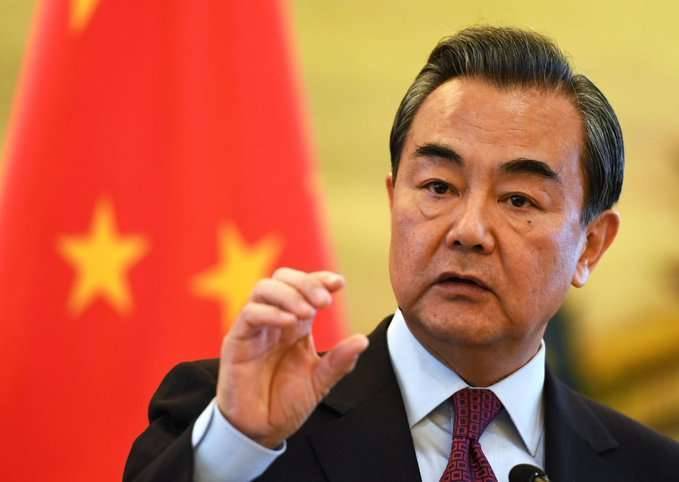The visit and the agreement both seem aimed to counter American efforts to strengthen alliances in Asia….reports Asian Lite News
United States is closely watching the Chinese Foreign Minister Wang Yi’s 10-day tour of Pacific island nations as Beijing looks to solidify its military influence in the region.
Notably, both US and Australia raised concerns on security in the Pacific, after China signed a security pact with the Solomon Islands, as China may seek to build a naval base in the Pacific nation.
Wang is on an eight-nation tour to the Pacific region with visits to the Solomon Islands, Kiribati, Samoa, Fiji, Tonga, Vanuatu, Papua New Guinea and East Timor from May 26 to June 4.
Though China says its development of economic and security ties with Pacific nations doesn’t pose a threat to others Australia and US are concerned whether this is just another move by the country to increase its military presence in the Pacific waters, reported Al Jazeera.

Prior to his visit, Beijing sent the drafts of the deal to 10 Pacific countries. Covering a range of issues, the documents appear to be a joint communique that Beijing wants the countries to adopt. They offer a detailed outline of how Beijing seeks to win friends and gain greater access to the island chains that have long played a strategic role in Asia’s geopolitical contests.
The visit and the agreement both seem aimed to counter American efforts to strengthen alliances in Asia.
Wang started his trip on Thursday in the Solomon Islands with which Beijing has signed a security deal earlier. Australian Foreign Minister raised deep concerns over the security arrangement between China and the island nation.
Moreover, Wang Yi who is still on a trip to Pacific Island Countries (PICs) said that the US Secretary of State Antony Blinken’s “China policy” speech showed the US has serious misconceptions in its views about the world, China and China-US relations. The Chinese FM stressed that China will never yield to blackmail or coercion by the US.
This comes in the response to US Secretary of State Antony Blinken’s speech on US’ China policy, which called Beijing the “most serious long-term challenge” to the international order. “We want to tell the US that China is not what the US has imagined,” Wang said.
“China will never yield to blackmail or coercion, and will firmly defend its sovereignty, security and development interests,” he added. (ANI)













